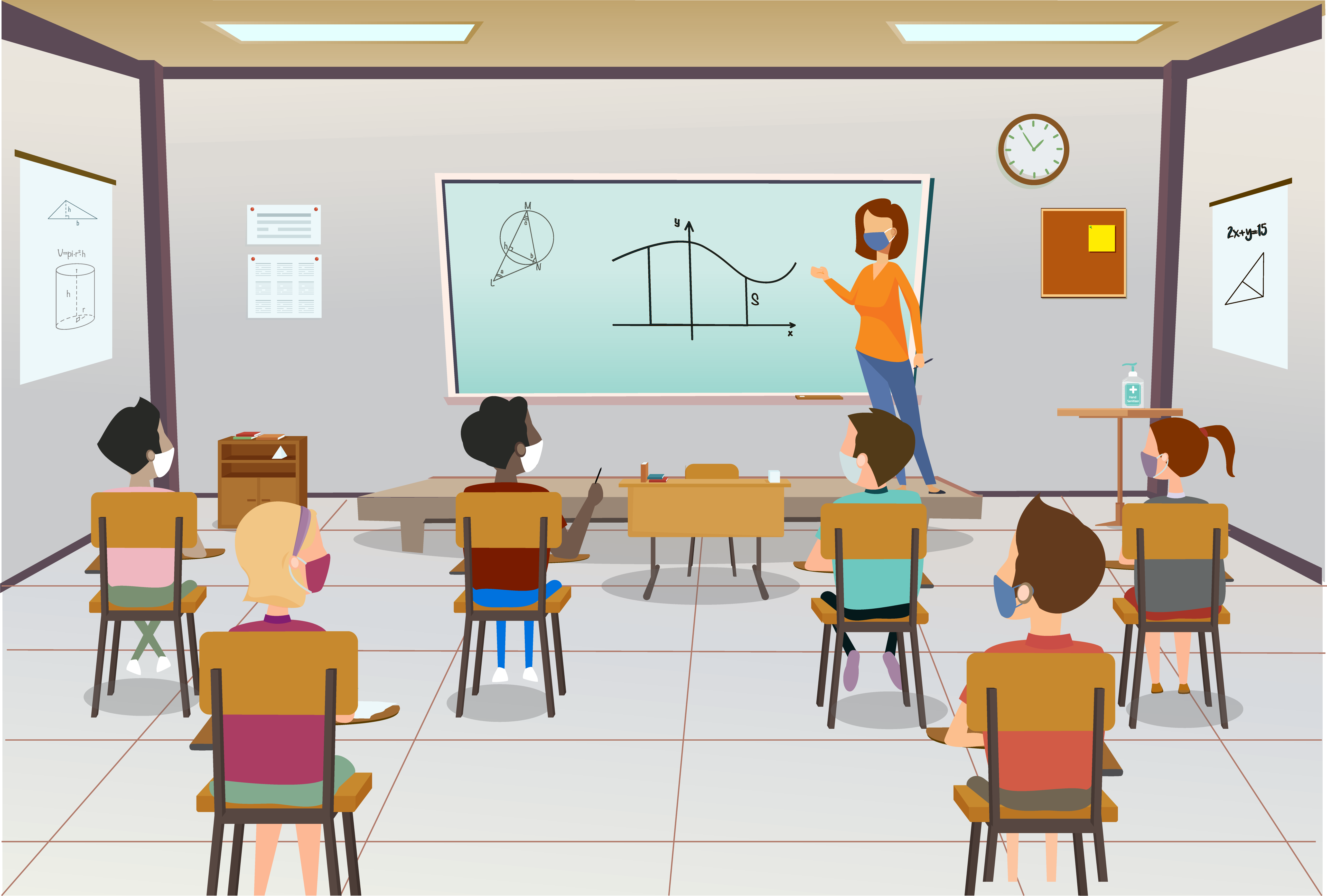
Figuring out how to deal with COVID, working from home, holding Zoom classes, and collaborating in the pandemic environment have put a strain not only on students and families but also on teachers. For most educators, remote learning is a new way of life. They have had to learn different technology systems, change their teaching strategies, and get used to novel ways of interacting with their students.
At a recent meeting of the REL Mid-Atlantic Governing Board, we heard directly from the teachers and principals on the board about the challenges they face and the supports that can help them continue the good work they are doing despite these challenges. We value the high-level strategic guidance these colleagues provide to help the REL address important issues in education—they are the bridge to help us travel what Institute of Education Sciences Director Mark Schneider has dubbed the “last mile,” connecting education research with those who can use it to make a difference in teaching and learning. At the same time, we recognize that their day-to-day routines changed suddenly, catapulting them into disruptive, emotionally taxing, and anxiety-producing circumstances—and often leaving them in survival mode.
Reopening’s effects on the teaching community. After months of uncertainty and adjustments, our board members report that all reopening methods have drawbacks and challenges for educators and students. A hybrid approach allows some in-person engagement while reducing the risk of infection—but managing remote and in-person instruction simultaneously puts extraordinary demands on teachers. Fully virtual instruction is easier to manage, with no need to clean and disinfect rooms between classes and less fear of the virus, but in the absence of any in-person interaction, many students are becoming disengaged. And many schools have found themselves switching between hybrid and fully remote instruction, leading to considerable confusion and uncertainty.
Teachers and principals let us know that they worry about not doing enough to help their students. Concerns about supporting all students’ well-being and engagement, and especially students with special needs or English language learners, keep them up at night. Making sure that all students have equitable resources, time, and attention creates pressure. At the same time, educators are not health experts, but hybrid models often put them in the position of making decisions that are normally in the domain of medical specialists. They also worry about getting sick themselves. And their usual sources of support from co-workers and administrators have weakened. Socialization and camaraderie among colleagues have declined, partly because educators want to curb the spread of the infection, so they are spending less time in the teachers’ lounge and other places where they might normally interact informally.
Lightening the load. We heard how schools are finding ways to help teachers and principals cope and adapt. Training in using unfamiliar technology and understanding which platforms work best for different purposes have been instrumental in reducing stress. Once-a-week teacher workdays provide much-needed time for planning, grading, and other activities. Going forward, educators see a critical need for training in addressing equity issues to make sure all students have what they need to succeed.
Our Governing Board members underscored the need for balance and consistency in confronting new challenges brought about by the virus. Mental health support can help teachers keep their equilibrium as they grapple with multiple demands. Schools can build time into schedules and encourage self-care practices such as journaling, yoga, and mindfulness, which have helped some teachers.
Online learning in some form is likely here to stay. As we adapt to new communication modes and new methods of teaching and assessing, REL Mid-Atlantic stands ready as a partner to serve the evolving needs of the education community in our region.
Cross-posted from the REL Mid-Atlantic website.



